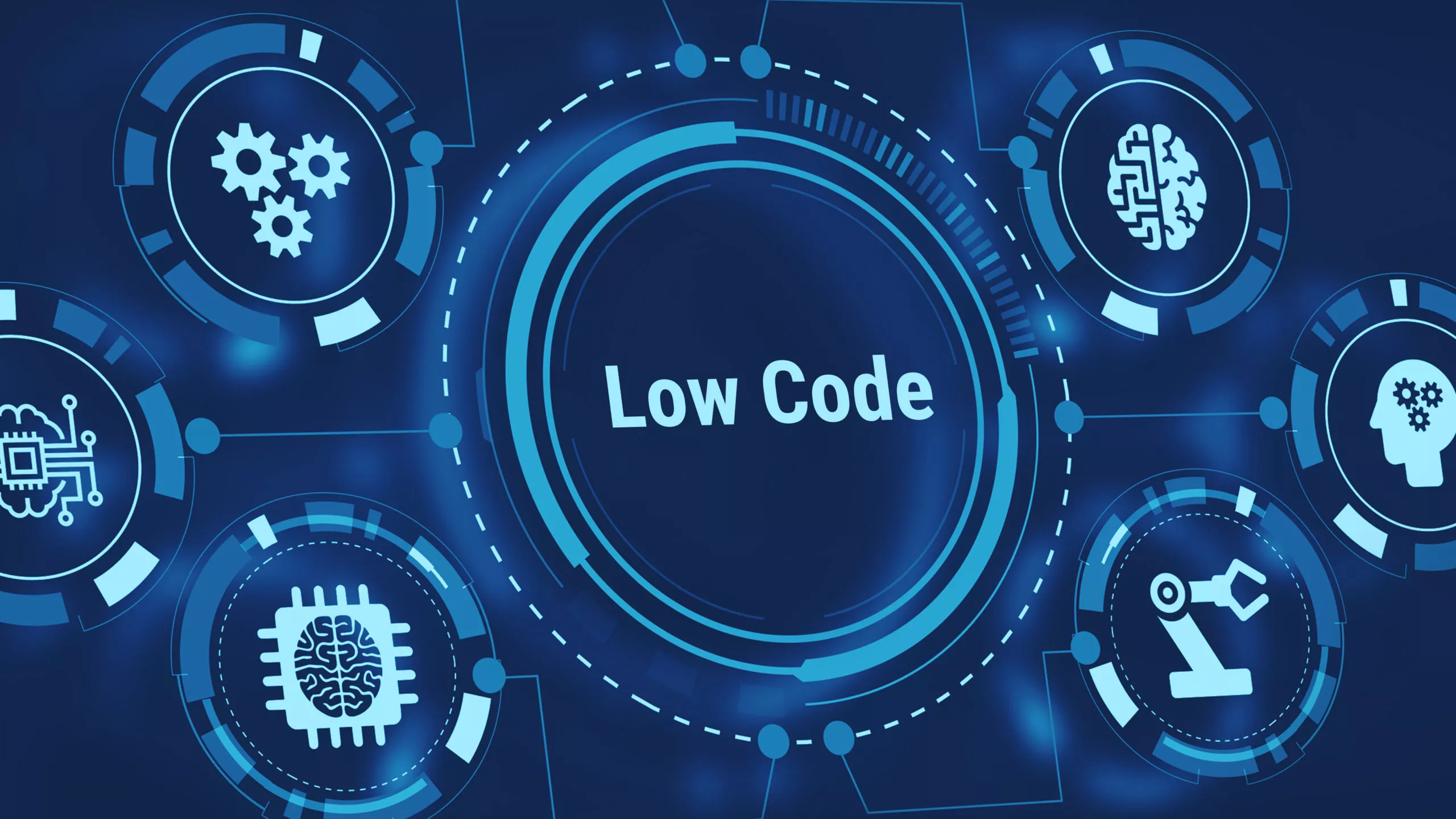Although not a new term to the technology space, low-code application development as a modernization platform is new to many Federal agencies. Low-code first got its start decades ago as a methodology to help with ease of use of development platforms. By leveraging low-code platforms, developers and analysts of any skill level are able to design, build (code) and operate applications without a need for prior experience, skills, or certifications in specific programming languages or platforms.
With COVID-19 and the intensified need for rapid digital transformation, this approach and its benefits are becoming extremely essential. Federal agencies are now facing major challenges in rapid regulation changes, increased grants and a variety of natural disasters, sophisticated cyber threats, and citizens who want enhanced modern ubiquitous digital experiences. Low-code methods provide rapid, cost-effective, and accelerated routes to deliver critical solutions for these threats and expectations.
Why Choose Low-Code?
Legacy systems, development platforms, and manual paper-based workflows are not able to keep pace with the current challenges facing the government. Low-code technologies can help agencies securely digitize and modernize at an accelerated pace. But how are agencies able to achieve more in less time while also maintaining cost controls and achieving expected return on investment (ROI)?
Faster Application Modernization
Low-code is a natural fit for all Agile development methods and projects, supporting application modernization requirements. Design and development of user functions, interfaces, and integration in low-code environments can be very fast, secure, and scalable. Through an ideation-driven design process, an approach that mimics whiteboard ideation, design time is cut in half. Opinions may vary, but the general agreement is that it can be ten times faster to produce software products and updates with low-code platforms than with traditional programming lifecycles and methods.
Less Complexity
Low-code software can also help reduce complexity in architecture and tools, therefore reducing costs and complexity of supporting infrastructure operations and engineering. The low-code development process reduces the time for provisioning and configuration of shared infrastructure and architecture resources, enabling more rapid application transformation goals. The overall user experience (UX) is enhanced with visual development tools that remove any need for custom coding. With this model-driven, user-centric low-code approach, synergies and integration of people, processes, and data are realized quicker and more effectively.
Higher Productivity and Increased Risk Management
Low-code development does not require an army of developers with multiple and discrete skills to maintain the application, therefore resulting in reduced operations and maintenance (O&M) labor costs. All technical complexities are encapsulated within the product, shielding users, administrators, designers, and developers from sophisticated programming requirements. Rather than leveraging increasingly scarce and expensive labor to create custom applications, agencies can use these automation benefits to focus on delivering mission-critical goals.
Enhanced Security
In the past, low-code development was used for smaller niche application development. Today low-code development has a larger universe of applicability, which comes with an increased need to maintain all required cybersecurity measures and to respond quickly to any vulnerabilities. It is imperative that agencies future-proof their low-code platforms, focusing on durability, reliability, and customer satisfaction over time. Therefore, agencies should ensure their low-code software engineering platform is built with an architecture that scales, has regular feature updates, quick response time to vulnerabilities, and delivers continuous technology enhancements.
How REI Helps
REI provides a unified platform that combines leading BPM, Case Management, and other capabilities into a single product offering.
REI Systems rapidly designs enterprise-ready applications, integrating people, complex processes, technologies, data, and systems into a single workflow to accelerate mission results using low-code automation platforms. We offer end-to-end low-code lifecycle services that include DevOps automation, strategy, requirements building, business process re-engineering, Artificial Intelligence and Machine Learning (AI/ML), feedback loops, testing, Automated deployment, and low-cost operations.
Ready to hear more about how implementing a low code strategy can help your agency? Call REI Systems Inc. at (703) 480-9100 or visit the REI website.




